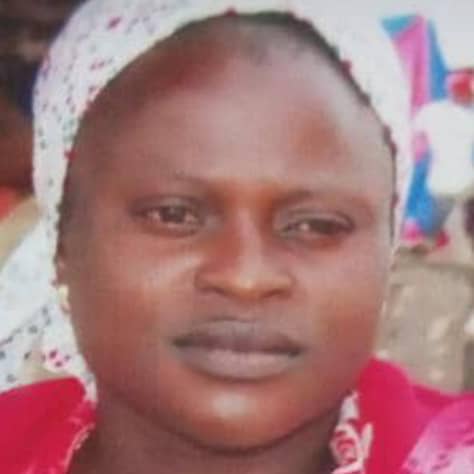In a landmark decision that resonates with the principles of justice and equality, the judiciary has delivered a verdict of death by hanging for the perpetrator responsible for the tragic death of Aisha Aminu. This momentous ruling signifies a firm stance against impunity and reaffirms the inherent rights and dignity of every individual, irrespective of their physical abilities.
Aisha Aminu, a beloved member of the Advocacy for Women With Disabilities Initiative (AWWDI), was brutally murdered in Okene last year. Her death, a senseless act of violence, sent shockwaves through the community, highlighting the vulnerabilities faced by persons with disabilities in our society and underscoring the urgent need for systemic reform.
The National Coordinator of AWWDI, Bilikisu Yakubu, voiced a powerful message in response to the verdict: “It’s no longer business as usual where people do anyhow with persons with disabilities and go free.” This declaration reflects a broader societal shift towards recognizing and protecting the rights of persons with disabilities (PWDs), and the court’s decision reinforces that crimes against PWDs will be met with swift and severe justice.
A Community in Mourning and a Call for Change
The loss of Aisha Aminu is deeply felt by all who knew her and by the broader community advocating for the rights of PWDs. Her life and tragic death have become emblematic of the struggles and dangers that persons with disabilities face daily. Aisha’s passing serves as a poignant reminder of the work that remains to be done to ensure safety, dignity, and respect for all individuals, regardless of their physical or mental abilities.
Reflecting on Aisha’s impact, Yakubu emphasized the importance of this verdict not just as a form of justice, but as a catalyst for further progress in the movement to protect and empower women with disabilities. “This verdict sends a clear message,” Yakubu stated. “It tells the world that our society will not tolerate any form of violence or discrimination against persons with disabilities.”
The Role of the Judiciary and Law Enforcement
The judiciary and law enforcement agencies in Kogi State are being lauded for their dedication and unwavering pursuit of justice in this case. Their work has ensured that Aisha Aminu’s memory will not fade into obscurity, but rather will continue to inspire positive change and greater protection for PWDs.
The meticulous investigation and the subsequent trial were handled with the utmost seriousness, reflecting a commitment to upholding justice. The ruling is seen as a victory not only for Aisha’s family and the PWD community but for all those who believe in the rule of law and the fundamental human rights of every individual.
Advocacy and Awareness: The Path Forward
As the community mourns Aisha’s loss, there is also a sense of hope and determination. The Advocacy for Women With Disabilities Initiative is more resolute than ever in its mission to raise awareness and advocate for systemic changes that protect PWDs. This case has galvanized support and highlighted the critical importance of advocacy groups in effecting change.
The AWWDI, along with other advocacy organizations, is committed to continuing its efforts to create a more inclusive society. This includes pushing for better legislation, enhancing public awareness, and providing support and resources to PWDs. The goal is to ensure that every person, regardless of ability, can live with dignity and security.
Honoring Aisha Aminu’s Legacy
Moving forward, Aisha Aminu’s legacy will be honored by redoubling efforts to protect and empower women with disabilities. Her story has become a powerful symbol of the need for societal change and the importance of standing up against injustice.
The National Coordinator of AWWDI, Bilikisu Yakubu, calls on everyone to remember Aisha by continuing to fight for a world where every individual is valued and respected. “Together, we can build a world where every individual, regardless of ability, can live with dignity, respect, and the assurance of justice,” she said.
In conclusion, the sentencing of Aisha Aminu’s killer is a significant step towards justice and equality for PWDs. It is a reminder of the importance of vigilance, advocacy, and the relentless pursuit of a society where everyone’s rights are protected. As we honor Aisha’s memory, we are reminded of the power of community, the necessity of systemic change, and the enduring strength of the human spirit in the face of adversity.


